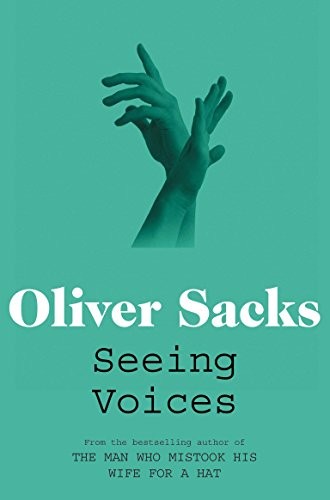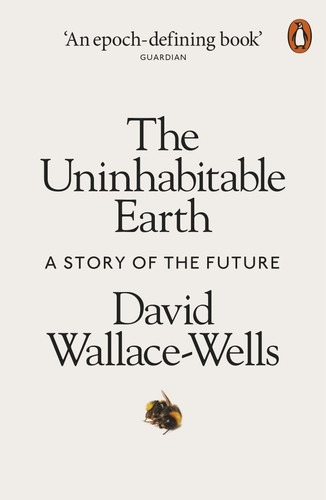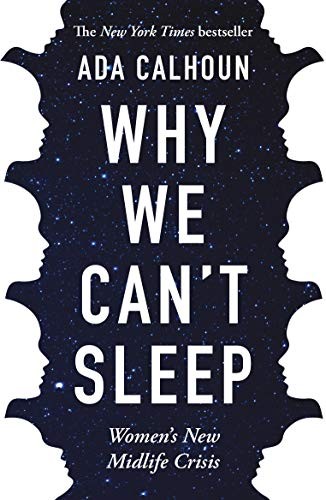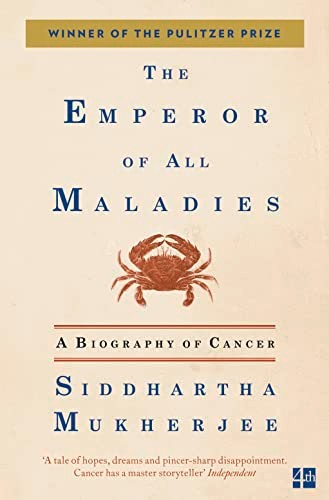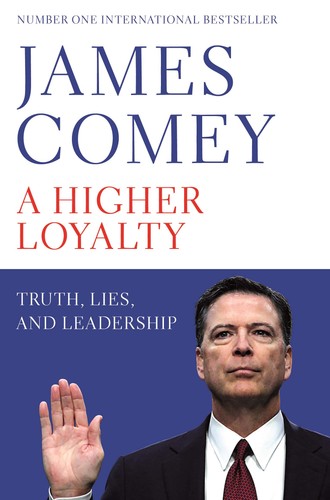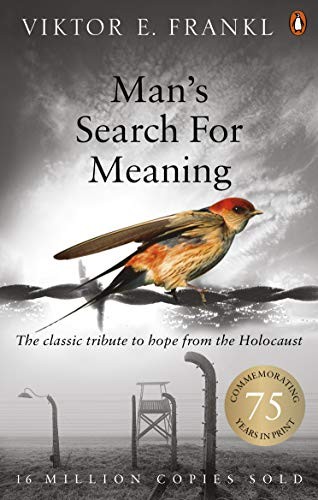Seeing Voices: A Journey into the World of the Deaf
2.600,00 د.ج
A physician, professor of neurology and author, Oliver Sacks (1933-2015) has been described by the New York Times as ‘a kind of poet laureate of contemporary medicine’. His books are made up of case histories of his patients, and explore both their neurological disorders and the strategies they adopted to cope with them.In Seeing Voices, a journey into the world of the profoundly deaf, Sacks examines the consequences of living in silence, including the different ways in which the deaf and the hearing learn to categorize and convey the experience of their respective worlds.
A physician, professor of neurology and author, Oliver Sacks (1933-2015) has been described by the New York Times as ‘a kind of poet laureate of contemporary medicine’. His books are made up of case histories of his patients, and explore both their neurological disorders and the strategies they adopted to cope with them.In Seeing Voices, a journey into the world of the profoundly deaf, Sacks examines the consequences of living in silence, including the different ways in which the deaf and the hearing learn to categorize and convey the experience of their respective worlds.
| Editeur |
|---|
Produits similaires
The Uninhabitable Earth: A Story of the Future
'An epoch-defining book' Matt Haig
'If you read just one work of non-fiction this year, it should probably be this' David Sexton, Evening Standard
It is worse, much worse, than you think.
The slowness of climate change is a fairy tale, perhaps as pernicious as the one that says it isn't happening at all, and if your anxiety about it is dominated by fears of sea-level rise, you are barely scratching the surface of what terrors are possible, even within the lifetime of a teenager today.
Over the past decades, the term "Anthropocene" has climbed into the popular imagination - a name given to the geologic era we live in now, one defined by human intervention in the life of the planet. But however sanguine you might be about the proposition that we have ravaged the natural world, which we surely have, it is another thing entirely to consider the possibility that we have only provoked it, engineering first in ignorance and then in denial a climate system that will now go to war with us for many centuries, perhaps until it destroys us. In the meantime, it will remake us, transforming every aspect of the way we live-the planet no longer nurturing a dream of abundance, but a living nightmare.
The Future of Geography
the new frontier, a wild and lawless place. It is already central to communication, economics, military strategy and international relations on Earth. Now, it is the latest arena for human exploration, exploitation – and, possibly, conquest. We’re heading up and out, and we’re taking our power struggles with us. China, the USA and Russia are leading the way.
From physical territory and resources to satellites, weaponry and strategic choke points, geopolitics is as important in the skies above us as it is down below. If you’ve ever wondered if humans are going back to the Moon, who will benefit from exploration or what space wars might look like, the answers are here.
With all the insight and wit that have made Tim Marshall the UK’s most popular writer on geopolitics, this gripping book shows how we got here and where we’re going, covering great-power rivalry; technology; commerce; combat in space; and what it means for all of us down here on Earth. This is essential reading on power, politics and the future of humanity.
Why We Can’t Sleep: Women’s New Midlife Crisis
Calhoun decided to find some answers. She looked into housing costs, HR trends, credit card debt averages and divorce data. At every turn, she saw a pattern: sandwiched between the Boomers and the Millennials, Gen X women were facing new problems as they entered middle age, problems that were being largely overlooked.
Speaking with women across America about their experiences as the generation raised to 'have it all,' Calhoun found that most were exhausted, terrified about money, under-employed, and overwhelmed. Instead of their issues being heard, they were told instead to lean in, take 'me-time' or make a chore chart to get their lives and homes in order.
In Why We Can't Sleep, Calhoun opens up the cultural and political contexts of Gen X's predicament and offers solutions for how to pull oneself out of the abyss - and keep the next generation of women from falling in. The result is reassuring, empowering and essential reading for all middle-aged women, and anyone who hopes to understand them.
Broken: in the Best Possible Way
‘Broken is the party of the year . . . I loved it’ - Sarah Knight, bestselling author of The Life-Changing Magic of Not Giving a F**k
As her fans already know, Jenny Lawson suffers from depression. In Broken, Jenny humanizes what we all face in an all-too-real way, reassuring us that we’re not alone and making us laugh while doing it. Of course, Jenny’s long-suffering husband Victor, the Ricky to Jenny’s Lucille Ball, is along for the ride.
Hilarious, heart-warming and honest, Broken is about living, surviving, and thriving. A beacon of hope and a wellspring of laughter when we all need it most.
A New York Times, Washington Post and LA Times bestseller.
Musicophilia: Tales of Music and the Brain
A Higher Loyalty: Truth, Lies, and Leadership
Man’s Search For Meaning: The classic tribute to hope from the Holocaust
'A book to read, to cherish, to debate, and one that will ultimately keep the memories of the victims alive' John Boyne, author of The Boy in the Striped Pyjamas
A prominent Viennese psychiatrist before the war, Viktor Frankl was uniquely able to observe the way that both he and others in Auschwitz coped (or didn't) with the experience. He noticed that it was the men who comforted others and who gave away their last piece of bread who survived the longest - and who offered proof that everything can be taken away from us except the ability to choose our attitude in any given set of circumstances. The sort of person the concentration camp prisoner became was the result of an inner decision and not of camp influences alone. Frankl came to believe man's deepest desire is to search for meaning and purpose. This outstanding work offers us all a way to transcend suffering and find significance in the art of living.

